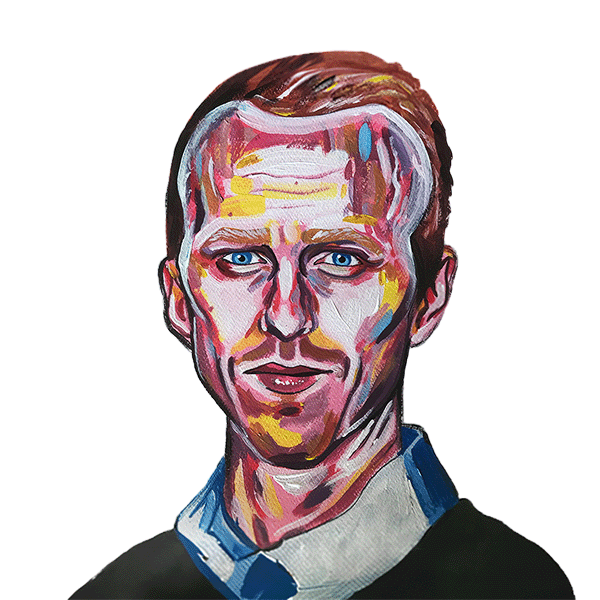HR doesn't need to be data experts..

..but People Analytics do!
We often hear the assumption that HR needs to become more data literate if the function is to advance and realise the potential that People Analytics has to offer. Whilst we don’t necessarily disagree with the sentiment of this, what we do disagree with is how a large part of the business is currently thinking about it.
There is not a need for HR to become experts, or even very good at using data. What there is certainly a need for is being open to putting data at the heart of our argument and solution design to the business. This sounds amazingly obvious but you’ll be surprised at how closed off people are from this just because they don’t consider themselves experts. Taking something that you don’t really understand and putting it at the heart of what you are doing, is a very vulnerable position to take.
We see a lot of people focusing on this capability gap, but the real problem is actually a relational gap.
That’s ironic, as relationship management is one of the core strengths of every HR function. On the plus side, we’re in a position where HR can use one of its biggest strengths to significantly develop one of its biggest weaknesses! The often limited capability in the use of data means that HR doesn’t know the art of the possible on how data can be applied to solving their challenges, and People Analytics doesn’t feel involved in helping solve the problem. Pardon the language but that’s a bullsh*t standoff.
If a People Analytics team still finds itself having to argue on a very basic level for the benefits of using a data-based approach to decision making, then it’s actually time to pack up shop and do something else. The examples are too plentiful to list, but data/insight/analytics has improved every field, function, and industry it has been put at the heart of. So it’s mystifying why the debate on the value proposition would still be still on.
Clearing the road between capabilities and context
While HR needs to take a leap of faith and take help even if they don’t understand every twist and turn of it, the People Analytics teams on their end need to make a much stronger statement on what they are and, more importantly, what they are not. Just complaining about “not being used the right way” is useless and, frankly, needs to stop.
Our advice for any CHRO, HR Director, or HRBP is: Take your biggest people problem to your People Analytics team and give them a contextual whiteboard to go nuts on. Give them as much context as you can about the problem, and hold off on asking for specific solutions. Remember they probably know more about the analytics possibilities than you do and if you arm them with the context and your business-specific challenges, they will probably find solutions that you wouldn’t have even dreamed of yourself. But without the context… they will just be going nuts on a whiteboard. And, worst case, rightly feel that their capability is being underused.
The art of being a great analyst, or analytics function, is not technical capability. It’s the ability to imagine doing the job of the person who has asked you for help, and applying a creative data mindset to solve the issues at hand. If you were that person, in a room with their stakeholders, how would you present your argument? What is the issue that the stakeholders really want solved? What would you be worried about being asked? What do you think you would be challenged on? That’s the kind of creativity that needs to be unleashed if we want new and exciting solutions.
Open the door!
To paraphrase the Matrix, HR’s role is to merely open the door. It’s People Analytics that need to walk through it. So my ask of HR everywhere is: Open that door; because we’re about to take the red pill and enter Wonderland, where data is being put to efficient use as HR and People Analytics combine forces and get creative.



